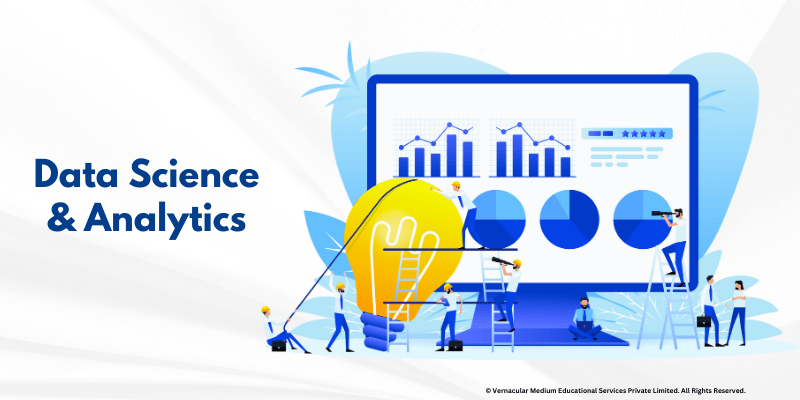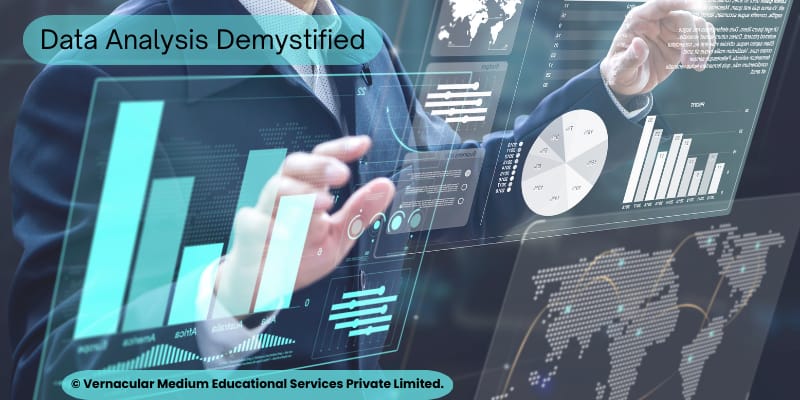In today’s data-driven world, the power of data science and analytics is often leveraged for business objectives like maximising profits, increasing sales, and driving competitive advantages. However, a growing number of data scientists are using their skills to create positive societal impact and tackle major global challenges.
This emerging field is known as data science for good (or data for good) and it focuses on applying cutting-edge data tools and techniques to humanitarian issues, social policies, nonprofits, and other mission-driven organisations. From addressing climate change to improving public health and advancing human rights, data science provides a potent arsenal to understand problems more deeply and develop data-informed solutions.
Harnessing the Power of Data for Good:
Data has the power to accelerate positive change when analysed through an ethical, socially-conscious lens. Here are some examples of how data scientists are leveraging their expertise to drive meaningful impact:
Public Health and Epidemics:
During the COVID-19 pandemic, data teams tracked the spread of the virus, projected future outbreaks, and optimised resource allocation for testing and vaccine distribution. Data insights helped save lives by enabling more effective pandemic prevention and response strategies.
Human Rights Initiatives:
Groups like Amnesty International use data analytics and machine learning to expose human rights violations, monitor armed conflicts, and uncover evidence of injustice. This data becomes crucial intelligence to support investigations and interventions.
Environmental Protection:
Conservationists rely on remote sensing data and satellite imagery to detect deforestation, track endangered species, and monitor climate patterns. Sophisticated data modelling helps evaluate economic impacts and design preservation programs.

Smarter Cities and Infrastructure:
By analysing real-time data streams from IoT sensors and devices, cities can optimise traffic patterns, predict utility needs, improve emergency response times, and enhance urban planning. The results are higher quality of life, lower emissions, and reduced waste.
Strategies for Impactful Projects:
To ensure data science for good initiatives create authentic positive impact, data teams should keep these core principles in mind:
- Start with clear impact objectives aligned to the mission
- Work closely with relevant stakeholders and domain experts
- Follow ethical data practices that respect privacy and human values
- Ensure data quality, transparency and resist implicit bias
- Develop models considering real-world operational constraints
- Scale responsibly with an eye towards long-term sustainability
Get Involved in Data For Good:
Many corporations, research institutions, nonprofits, and universities are launching data for good programs. Skilled data scientists can often find opportunities to donate their time and expertise to high-impact projects through pro-bono consulting, fellowships, and volunteering.
In our increasingly data-rich landscape, using data for the greater social good is an ethical imperative. By combining technical data mastery with passion for humanity and social responsibility, data scientists can drive incredible positive change in the world.
**********
Disclaimer:- Views expressed are the author’s own.




